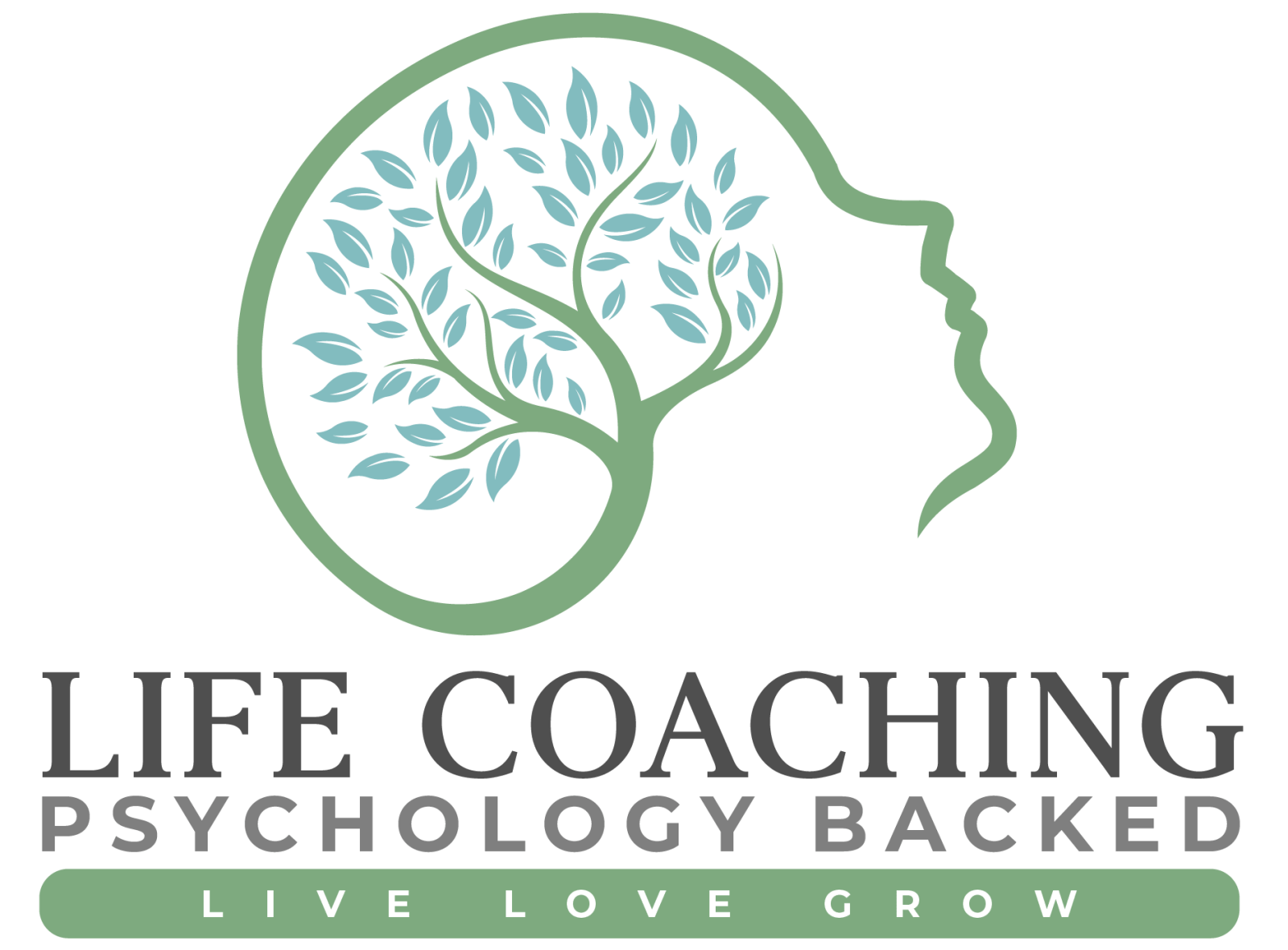As an ICF-certified life coach I work closely with teens and young adults aged 14 to 25. I want to start by saying this: if you’re feeling stressed, or are overwhelmed, or unsure of your next steps you are not alone. This stage of life is beautiful and full of potential. However, it can also feel incredibly heavy. There is too much to deal with school pressure and social challenges. You may just be starting out in your career with your first job and have big decisions about the future. Along with all this you are also simply trying to figure out who you are, it’s no wonder that stress can build up quickly. This is why, you may need stress management coaching.
I’ve had the privilege of walking alongside many young people during these formative years. I’ve seen the incredible growth that can happen when they feel supported. You deserve to be heard, and empowered. Coaching isn’t about fixing anyone. It’s about creating space. It is all the more about building the space to breathe, to reflect, and to reconnect with your strengths.
Here are seven gentle but powerful ways stress management coaching can help teens and young adults not just survive, but truly thrive.
1. Supporting You Through Academic Pressure Without Burning Out
School and university life can be demanding. Many of the young people I coach tell me they feel like they’re constantly juggling deadlines. They are trying to meet expectations, and are constantly afraid of falling behind. That pressure can lead to exhaustion and anxiety, sometimes even burnout.
In our coaching sessions, we slow things down. We talk about what’s truly important to you, not just what’s expected. I share supportive strategies for time and energy management. In my coaching I never suggest building or following rigid schedules, but compassionate routines. These are the ones that allow space for rest, joy, and self-care. We explore how to ease perfectionism and approach school with a mindset that values growth over pressure. It’s incredible how much more ease shows up when we give ourselves permission to learn without self-judgment.

2. Building Emotional Resilience, Gently and Gradually
Learning how to manage big emotions is one of the most valuable life skills a person can develop and it’s something most of us aren’t taught. Many of my clients come to me feeling overwhelmed by sadness. They are frustrated and suffering from anxiety and are unsure of how to cope when emotions feel like too much.
Together, we build a foundation of emotional resilience. I teach grounding techniques, provide you with calming tools, and reflective practices that help regulate the nervous system. But more than that, I offer a space to talk about what’s going on underneath the surface. As a stress management coch, I convey in sessions that it is not about pushing emotions away, it’s about honoring them. I help you understand them, and find ways to move through them with kindness and care.
3. Easing Social Stress and Supporting Healthy Relationships
Navigating friendships, family expectations, dating, and social media can feel like walking through a maze. Relationships can be a source of joy, but they can also bring up anxiety, confusion, or hurt. Many young people struggle with setting boundaries, expressing themselves, or figuring out who they are in connection with others.
In our sessions, we explore how to communicate more clearly, how to say no when needed, and how to feel safe and confident in your interactions. I also help clients untangle social stress from self-worth. It is very significant that young people today know and acknowledge that we are so much more than our likes, followers, or social labels. When we approach relationships from a grounded and self-respecting place, everything begins to shift.

4. Gently Boosting Confidence and Self-Worth
It’s heartbreaking how many teens and young adults carry around the quiet belief that they’re not good enough. I see this all the time , many amazing, thoughtful, capable young people who doubt their worth because they don’t measure up to impossible standards or constant comparisons.
Life coaching for young adults helps create space for self-acceptance to grow. We explore your strengths, your values, and your voice. Instead of trying to “fix” anything, we uncover the powerful parts of you that may have been hidden under fear or doubt. The transformation that comes from learning to speak to yourself with kindness instead of criticism is one of the most beautiful parts of this work.
5. Offering Gentle, Practical Tools for Everyday Stress
Sometimes stress shows up in small and sneaky ways .There are so many racing thoughts, you have trouble sleeping and are feeling constantly on edge. That’s why part of coaching involves building a toolkit you can reach for in the moment.
Together, we practice calming techniques that are simple but effective. Things like mindful breathing, body scans, time-blocking, or setting boundaries around technology. These aren’t quick fixes, but comforting habits that help you feel more in control. And they’re always tailored to what feels right for you.
6. Supporting You Through Life’s Big Transitions
From starting high school to choosing a career path, moving out, or entering adulthood, life between 14 and 25 is full of transitions. It’s completely normal to feel uncertain or even scared about what’s next.
As your coach, I walk beside you through these changes with compassion and encouragement. We create space to reflect on what you want and not just what others expect. I help you map out next steps in a way that feels clear, manageable, and authentic to who you are becoming. You don’t have to have it all figured out. You just need a safe space to start exploring.

7. Creating a Safe, Judgment-Free Zone Just for You
Above all, coaching offers something many young people deeply need. Yes, we are talking of a place to be seen. Young people need to feel heard, and understood without judgment. You can show up exactly as you are. No matter, if you are confused,curious or hurting, hopeful , you just ought to know that it’s all welcome.
I often hear clients say things like, “I’ve never said this out loud before,” or “It feels good to finally just talk without feeling like I’m being judged.” That’s the magic of coaching. When we feel safe enough to be ourselves, everything begins to shift. Confidence grows. Clarity emerges. Healing begins.
A Closing Note from the Heart.
If you’re a young person feeling overwhelmed right now, or a parent watching your child struggle please know there is hope. You’re not broken, and you don’t have to figure everything out alone.
Stress doesn’t have to define this chapter of your life. With the right support, you can build the tools. You can easily work on mindset, and self-trust you need to move through challenges with grace and grow into the fullest version of yourself.
It’s an honor to hold space for that journey. And if you feel ready to take that first step, I’m here to walk it with you through our one on one coaching sessions.

Frequently Asked Questions.
What exactly does a stress management coach do for teens and young adults?
A stress management coach works with young people to help them understand and navigate stress in healthy and practical ways. This includes teaching calming techniques, supporting goal-setting, building confidence, and helping clients respond to pressure with more resilience and self-awareness.
Can coaching really help with school stress and exam anxiety?
Yes, coaching offers tools and mindset shifts to manage academic stress more effectively. Teens learn how to manage their time. They also reduce perfectionism and cope with test anxiety using personalized strategies.
How can coaching support teens who struggle with self-confidence and peer pressure?
A Life coach for teens provides a safe space for teens and young adults to explore their identity. It is about values, and personal boundaries. Through guided reflection and practical exercises, clients learn to make empowered choices and build genuine confidence from the inside out.
What kind of stress management techniques are taught in coaching sessions?
Stress management coaching includes breathing exercises, grounding practices, journaling prompts, focus techniques, digital boundaries, and other practical tools that young people can use in real-life situations—especially during school, social stress, or moments of overwhelm.
When is the right time to get a coach for a teen or young adult?
The best time is when a young person starts to feel consistently overwhelmed, stuck, or anxiousor even just unsure of how to handle everything coming at them. Coaching can be incredibly helpful before stress becomes too intense, and can also support those going through big life changes or decision-making moments.




